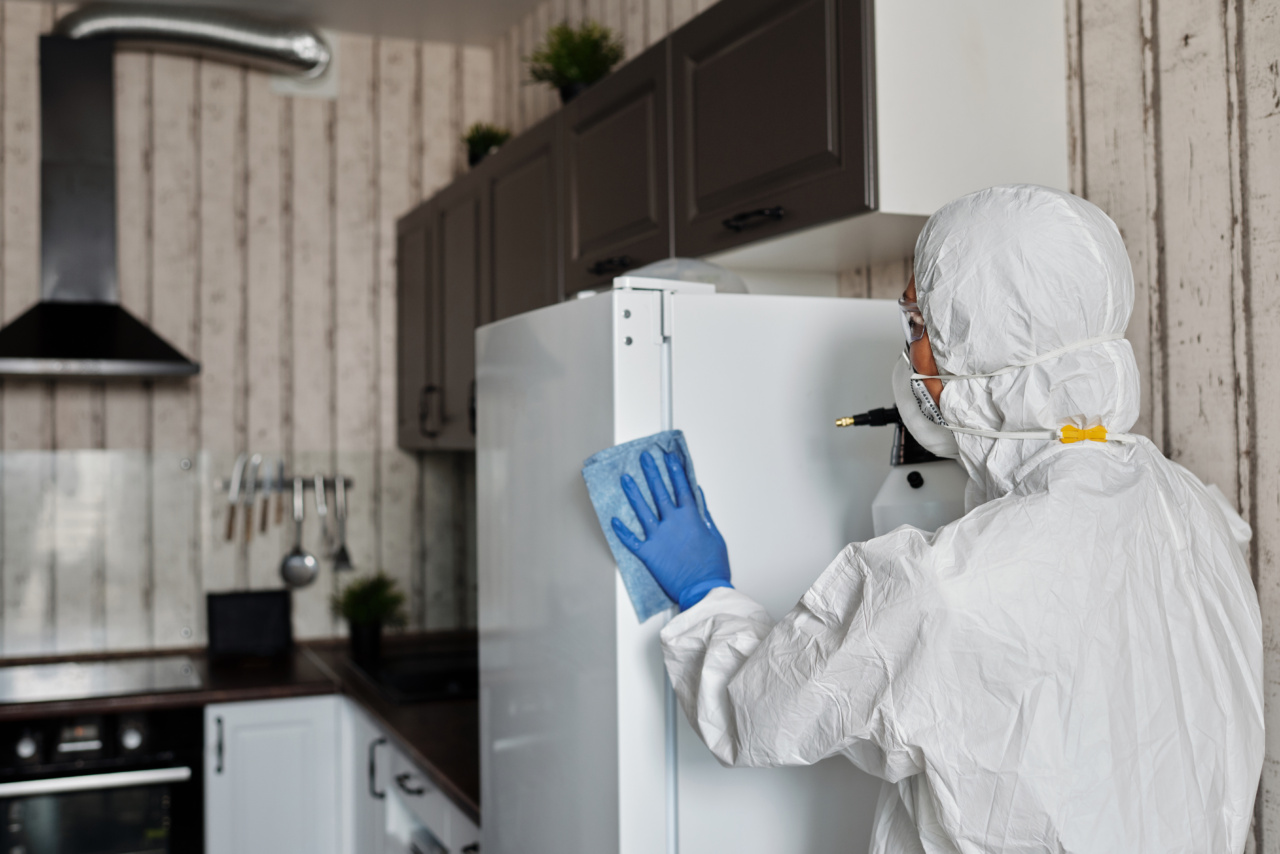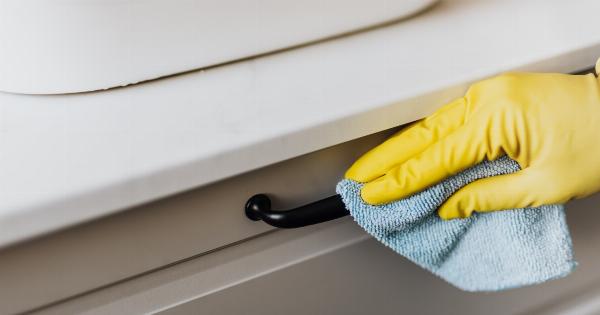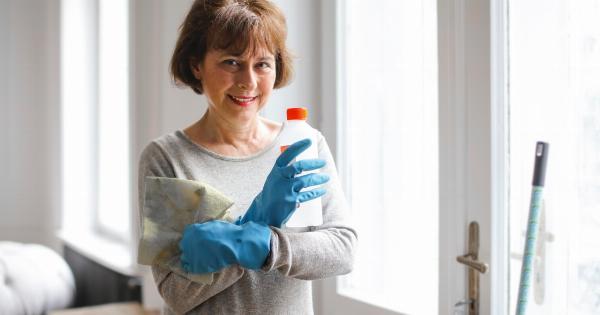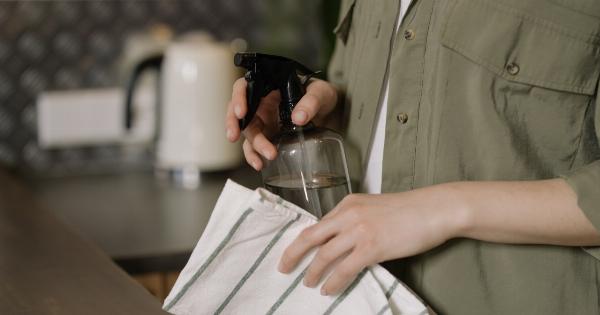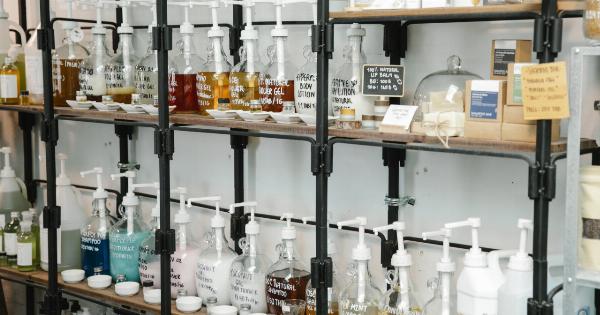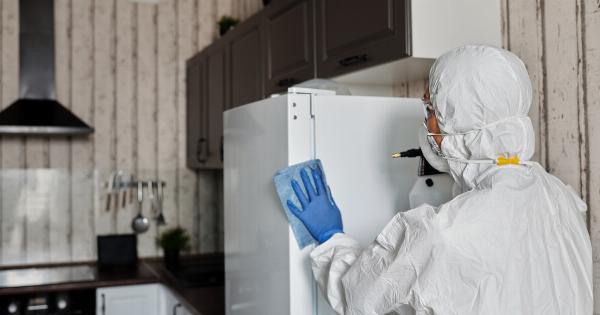For decades, cleanliness has been promoted as one of the cornerstones of human health. Washing hands, cleaning surfaces, and using disinfectant sprays are all habits that have been drilled into us since we were children.
We all know that keeping ourselves and our environments clean is important for preventing illness, but could our obsession with cleanliness be doing more harm than good?.
The Rise of Resistant Bacteria
In recent years, the world has been hit with a wave of antibiotic-resistant bacteria that is threatening public health on a global scale.
These bacteria are able to circumvent the drugs that have been developed to kill them, and as a result, infections that were once easily treatable are now becoming deadly. The problem is so severe that the World Health Organization has declared antibiotic resistance to be one of the biggest threats to global health today.
One of the causes of this rise in resistant bacteria is the overuse of antibiotics in medicine and agriculture. However, there is another factor that is often overlooked: our obsession with cleanliness.
The Hygiene Hypothesis
The hygiene hypothesis states that excessive cleanliness and the lack of exposure to certain microorganisms can increase the risk of developing allergies, asthma, and autoimmune diseases.
The idea is that our immune systems need to be exposed to a variety of microorganisms in order to develop properly. If we live in a completely sterile environment, our immune systems don’t get the stimulation they need, and as a result, they can overreact to harmless substances, such as dust mites and pollen.
While this theory has not been definitively proven, there is evidence to suggest that exposure to certain microorganisms can be beneficial for our health.
Studies have shown that children who grow up on farms, for example, have lower rates of asthma and allergies than those who grow up in urban areas. The theory is that children who grow up on farms are exposed to a variety of microorganisms through contact with animals and soil, which helps to strengthen their immune systems.
The Danger of Over-Disinfecting
While washing your hands and cleaning your home are important for preventing the spread of illness, there is such a thing as being too clean.
When we use disinfectant sprays and wipes excessively, we are not only killing harmful bacteria but also the good bacteria that our bodies need to stay healthy.
Research has shown that using hand sanitizer too frequently can reduce the diversity of bacteria on our skin, which can make us more susceptible to infections and allergic reactions.
Similarly, using disinfectant cleaners too often in the home can create an environment that is too sterile, which can increase the risk of developing allergies and asthma.
The Importance of Balance
The key to a healthy immune system is balance. We need to expose ourselves to a variety of microorganisms to keep our immune systems strong, but we also need to protect ourselves from harmful bacteria and viruses.
This means washing our hands and cleaning our homes regularly, but not going overboard with disinfectant sprays and excessive cleaning.
It’s also important to remember that not all bacteria are bad. In fact, our bodies are home to trillions of bacteria, most of which are harmless or even beneficial.
The bacteria in our digestive system, for example, help us break down food and absorb nutrients. By killing off these beneficial bacteria with excessive cleaning and disinfecting, we can actually do more harm than good.
The Bottom Line
While cleanliness is important for preventing illness, our obsession with cleanliness may be doing more harm than good.
The rise of antibiotic-resistant bacteria is a global health threat that has been linked to overuse of antibiotics, but our hygiene practices may also be contributing to the problem. Excessive use of disinfectants and hand sanitizers can reduce the diversity of bacteria in our bodies, which can make us more susceptible to infections and allergic reactions.
The key is to find a balance between protecting ourselves from harmful bacteria and exposing ourselves to the microorganisms that our bodies need to stay healthy.
